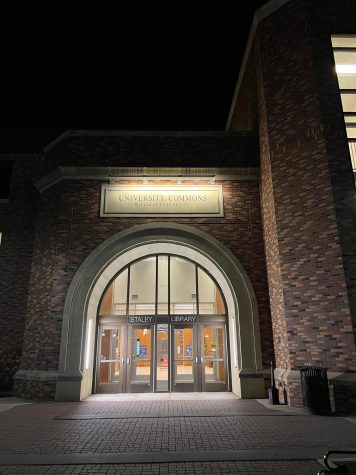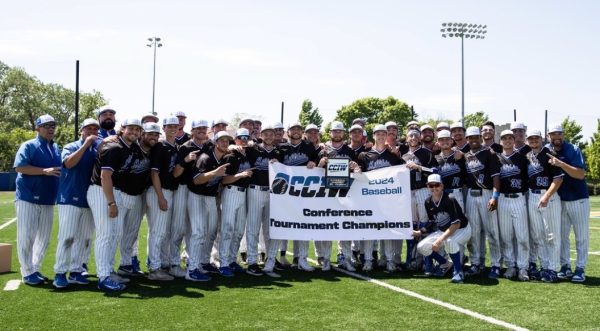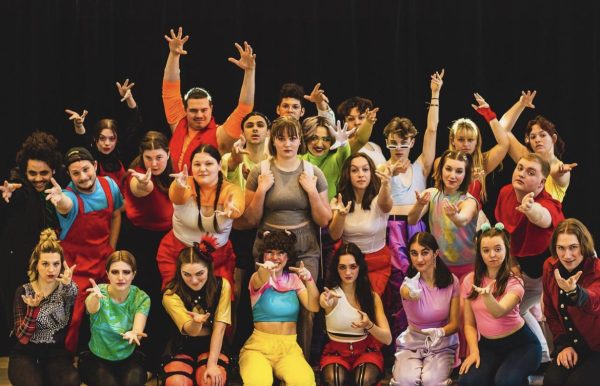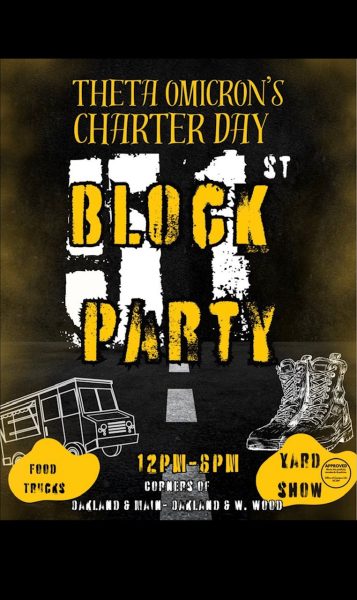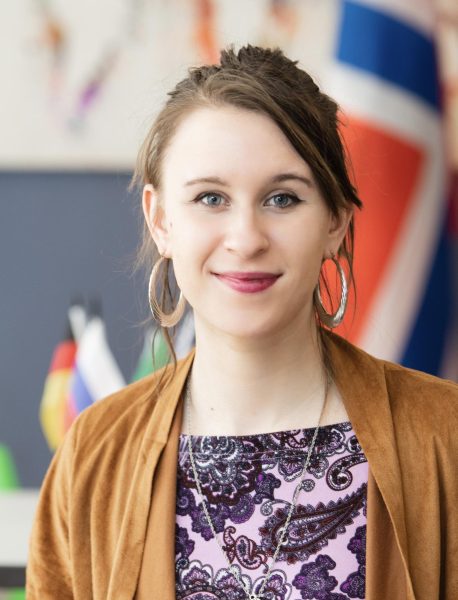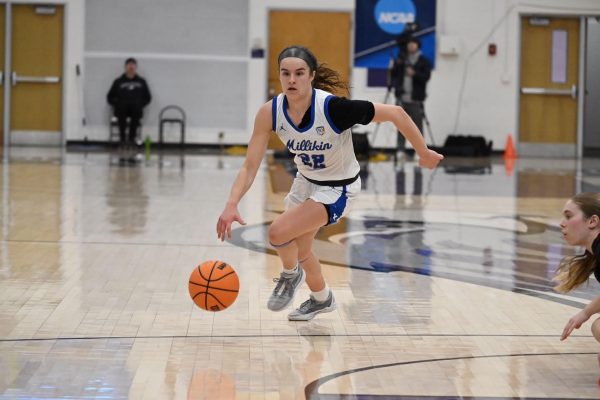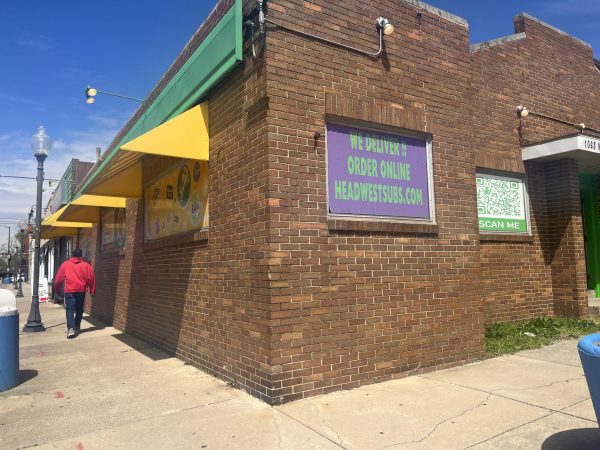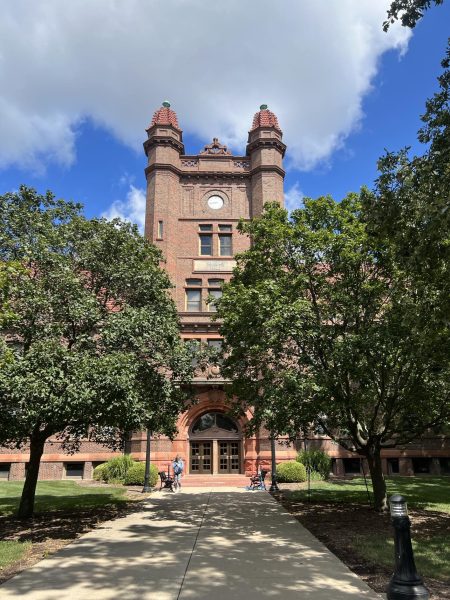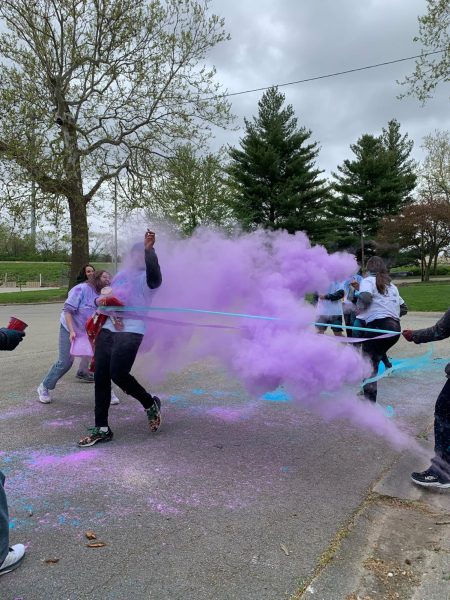National Coming Out Day: A History and Explanation
2019 marks over three decades of the celebration of National Coming Out Day (NCOD) in the United States.
NCOD first began on Oct. 11, 1988, and was created by Rob Eichberg and Jean O’Leary. Eichberg was the founder of the Experience, a personal growth workshop, and a psychologist. O’Leary was an out lesbian activist and the head of National Gay Rights Advocates at the time, and she founded one of the first lesbian activist groups in the women’s movement, the Lesbian Feminist Liberation group, in 1972.
NCOD was started on the first anniversary of the Second March on Washington for Lesbian and Gay Rights. The Second March on Washington for Lesbian and Gay Rights brought an estimated 500,000 to the United States capital.
NCOD was created with the understanding that the LGBTQ community often reacted defensively when faced with anti-LGBTQ legislation, acts, theologies, and ideas. Instead of reacting defensively, the creators of NCOD wanted to celebrate identities and encourage LGBTQ people to participate in the most basic type of LGBTQ activism: being out and proud.
The founders of NCOD also theorized that if people realized that they have loved ones who are part of the LGBTQ community, then they are less likely to be hateful or homophobic towards members of the LGBTQ community.
“Most people think they don’t know anyone gay or lesbian, and in fact, everybody does. It is imperative that we come out and let people know who we are and disabuse them of their fears and stereotypes,” said Eichberg in a 1993 interview.
Eichberg died in 1995 of complications from AIDS at the age of 50, and O’Leary died in 2005 of lung cancer at the age of 57.
Lynn Sheppod, president of the Santa Fe Lesbian, Gay, and Bi Pride Committee in 1995, said in Eichberg’s obituary that his “whole life’s work was about bridging the gap between gay and nongay communities, allowing people to discover who they are, and really encouraging them to go out and do something with that knowledge.”
O’Leary spent the 70s and 80s advocating for lesbian and gay rights.
According to the Human Rights Campaign, “We first observed National Coming Out Day as a reminder that one of our most basic tools is the power of coming out. One out of every two Americans has someone close to them who is gay or lesbian. For transgender people, that number is only one in 10.”
When someone comes out, they expose those around them to a member of a community that they may not be familiar with.
Sadly, after the trials and tribulations of coming out have passed, it is often up to the individual member of the LGBTQ community to educate their peers and loved ones. This shouldn’t be the case, but it is the unfortunate reality that many LGBTQ people have to face.
When NCOD was first created, the gay rights movement was facing the AIDS/HIV crisis and needed ways that ordinary people could advocate for gay rights. It was decided that the NCOD would give the movement the most basic form of LGBTQ activism: celebrating the act of coming out.
Today, it is still important to celebrate being a member of the LGBTQ community, especially when our rights are being threatened in the highest court in the country. LGBTQ people can help the movement just by celebrating who they are.
In light of NCOD, it is important to realize that while it does help the community, you don’t have to come out. Coming out puts pressure on you to positively represent your community. It also calls the attention of others. If you are not ready to come out, or you feel unsafe to come out, don’t let others feel like you have to. It’s your choice to come out, and you must do so when you feel ready.

